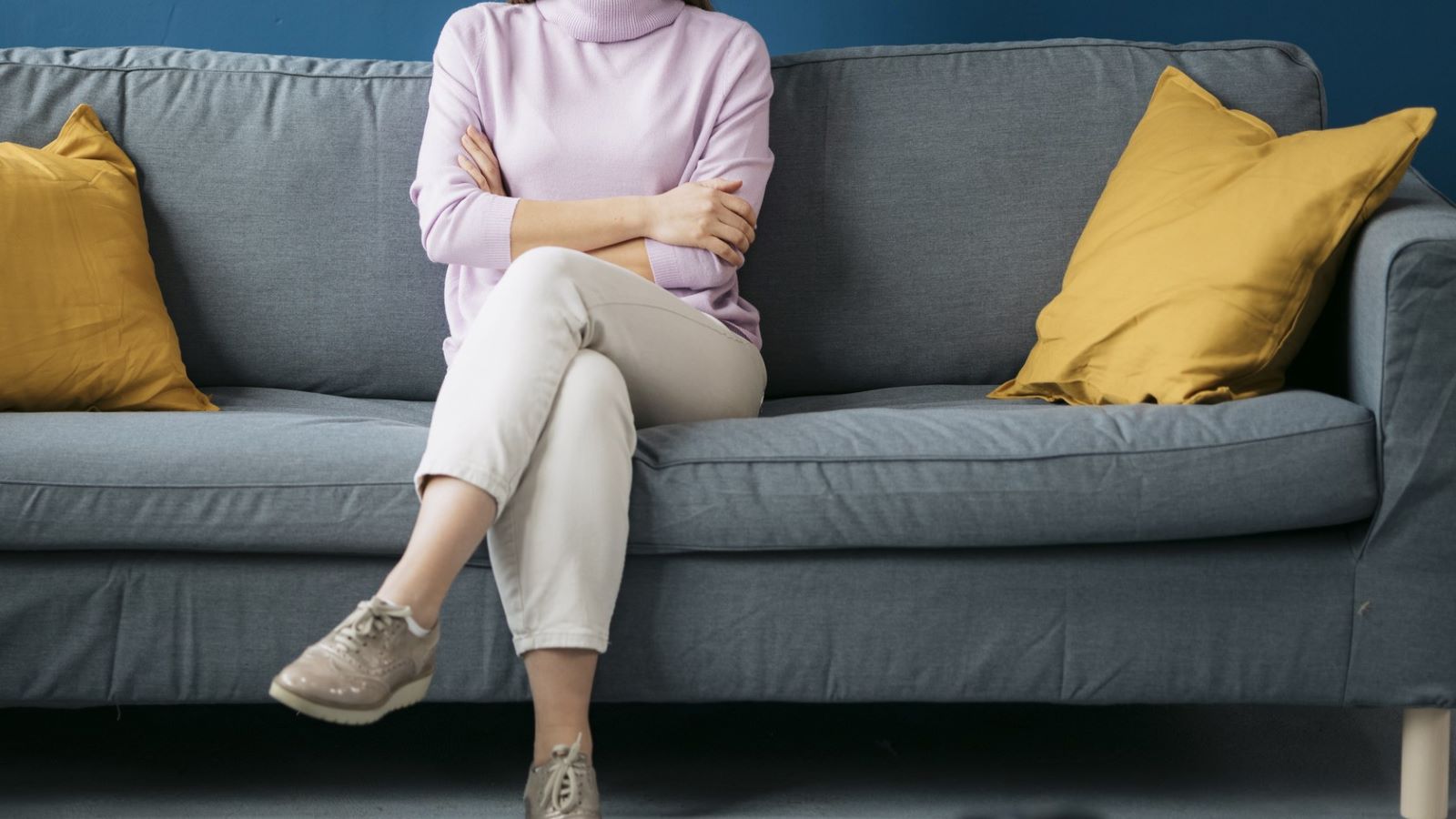<< Back
Is Crossing Your Legs Bad for Your Hips?

December 19, 2024
Attention desk jockeys, keyboard warriors, data wranglers: You may not wear a hard hat to work, but sitting all day still has its hazards. Screens are bad for your eyes. Typing is bad for your wrists. Slouching is bad for your back.
And while it’s less common, sometimes crossing your legs is bad for your hips.
An expert explains when, and why.
If you’ve had a hip replacement, cross with caution.
There are two scenarios here.
Scenario A: When you’re just out of hip replacement surgery, you shouldn’t cross your legs at all. Period.
“It’s only temporary. But for the first six weeks after surgery, crossing your legs puts too much stress on the fresh hip replacement,” says Daniel Witmer, MD, an orthopedic surgeon at the Bone & Joint Institute at Hartford Hospital.
Scenario B: When your hip replacement is less recent, you can safely cross your legs. Just avoid any extra twisting.
“For example, don’t cross your left leg far over your right leg, then reach over to your left side,” says Dr. Witmer. “When you combine crossing your legs with twisting, it sometimes puts too much stress on your hip replacement.”
> Related: 5 Things That Might Be Making Your Hip Pain Worse
If you have a hip or knee injury like IT band syndrome, crossing your legs can make it worse.
Quick trivia: The iliotibial (IT) band is a tendon that runs along the outside of your leg, from your hip to your knee. Any number of things can cause it to become inflamed, from sports overuse to the wrong shoes. As a result, IT band syndrome is one of the most common knee injuries.
Guess what makes it worse?
“When you cross your legs, you put stress on your IT band,” confirms Dr. Witmer. “If you have IT band syndrome, that can aggravate your condition — and it hurts.”
> Related: 2 Exercises for Hip Pain You Can Do at Home
What about crossing your legs for a long time — is that bad for your hips?
While it’s unlikely to hurt your hips, sitting with your legs crossed for hours on end can have an unpleasant side effect — depending on how you do it.
“When some people, particularly women, sit for a long time with the back of one knee touching the top of the other, they can get what’s called peroneal nerve palsy,” says Dr. Witmer. “The peroneal nerve in their leg is compressed to the point where their foot goes numb, and they aren’t able to move it.”
Thankfully, this is temporary: Most people regain sensation and mobility within a few hours. Still, it can be scary.
“We’ve had people come to the ER thinking they were having a stroke. Actually, they were just sitting at their desk with their legs crossed like this for four or five hours in a row,” says Dr. Witmer.
So remember, desk jockeys: Every once in awhile, take a break and stretch those legs. Whether or not it’s better for your hips, it’s certainly better for your health.